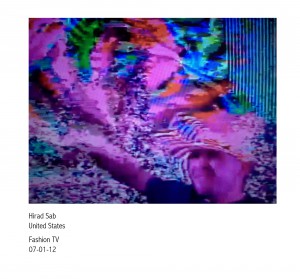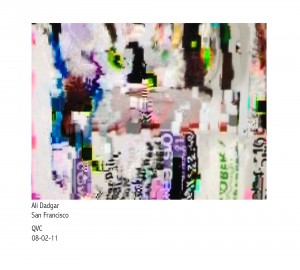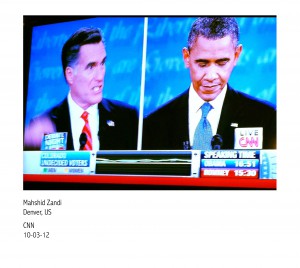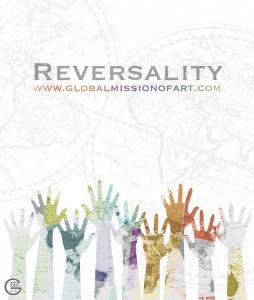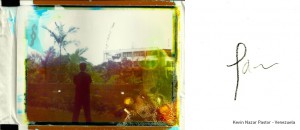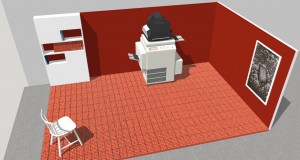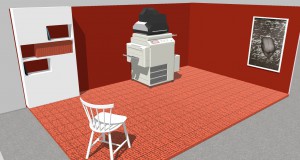The New Media & Democracy Conference schedule and list of speakers is now posted! Details are below, and more information is available on the conference website: http://nmdc.uoregon.edu/
New Media and Democracy: Global Perspectives
April 9-10, 2015
Knight Law Center 1515 Agate Street

The “New Media and Democracy: Global Perspectives” conference will bring together a diverse set of scholars to investigate the changes in global political discourses and practices brought about by the digital revolution. The event is part of the Wayne Morse Center’s theme of inquiry on Media and Democracy and is free and open to the public.
Keynote:
Thursday, April 9th (7:00-8:00 pm)
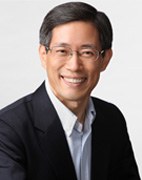 Dr. Sang Jo Jong will give the keynote address titled “South Korea as the World’s Most
Dr. Sang Jo Jong will give the keynote address titled “South Korea as the World’s Most
Wired Nation: Its Digital Democracy as a Real-Life Case Study?”Dr. Jong is Professor of Law and Director of the Center for Law & Technology at Seoul National University. Dr. Jong previously taught comparative IP law at Georgetown Law center and at Duke Law School, and is currently a panel member of the WIPO Arbitration and Mediation Center.
Conference
Friday, April 10th (9:00-3:45)
Matthew Adeiza (University of Washington), project manager for the Digital Activism Research Project at the University of Washington.
Tarek El-Ariss (University of Texas at Austin), author of Trials of Arab Modernity: Literary Affects and the New Political and editor of the forthcoming MLA anthology, The Arab Renaissance: Literature, Culture, Media. Associate editor, Journal of Arabic Literature.
Camille Crittenden (UC Berkeley), Director Data and Democracy Initiative and the Social Apps Lab, and Deputy Director the Center for Information Research Technology in the Interest of Society (CITRIS).
Sean Jacobs (The New School), co-editor of Thabo Mbeki’s World: The Politics and Ideology of the South African President and Shifting Selves: Post-apartheid essays on Mass Media, Culture and Identity.
Purnima Mankekar (UCLA), author of: Screening Culture, Viewing Politics: An Ethnography of Television, Womanhood, and Nation in Postcolonial India, co-editor of Transnational Erotics: Media and the Production of “Asia” and Caste and Outcast by Dhan Gopal Mukherji.
Leah Lievrouw (UCLA), author of Media and Meaning: Communication Technology in Society (in preparation), Foundations of Media and Communication Theory, and Alternative and Activist New Media.
Aswin Punathambekar (University of Michigan), author of From Bombay to Bollywood: The Making of a Global Media Industry and co-editor of Global Bollywood and Television at Large in South Asia.
Margaret Rhee (UCLA), author of How We Became Human: Race, the Robots, and the Asian American Body (manuscript in preparation), co-editor of “Hacking the (Black/White) Binary”, a Special Issue of Ada: A Journal of Gender, New Media, and Technology (forthcoming), and co-founder of “From the Center.”
Joe Straubhaar (University of Texas at Austin), author of The Persistence of Inequity in the Technopolis: Race, Class and the Digital Divide in Austin, Texas and co-author of World Television from Global to Local and Television In Latin America.
Organizers: UO faculty member Biswarup Sen (SOJC) and doctoral students Patrick Jones and Laura Strait
Cosponsors: Wayne Morse Center for Law and Politics, CAPS, School of Journalism and Communication, Office of Academic Affairs, Office of International Affairs Global Studies Institute, New Media and Culture Certificate Program, Oregon Humanities Center, Agora Journalism Center, International Studies Department, Department of Comparative Literature,The Center for Latino/a and Latin American Studies, Department of History
New Media and Democracy: Global Perspectives Conference
April 9th and 10th | Room 110 – Knight Law Center
Thursday, April 9th
Keynote Address 7-8 PM
Dr. Sang Jo Jong, “South Korea as the World’s Most Wired Nation: Its Digital Democracy as a Real-Life Case Study?”
Reception 8-9 PM (Wayne Morse Commons, Knight Law Center)
Friday, April 10th
Introduction and Opening Remarks 9-9:15
Biswarup Sen, University of Oregon
Doug Blandy, Senior Vice Provost for Academic Affairs, University of Oregon
Session 1: 9:15-11:00
Informational Politics
Moderator: Dan HoSang, Associate Vice President for Equity and Inclusion, University of Oregon
Panelists:
Leah Lievrouw,UCLA, “Alternative and Activist New Media, v. 3.0”
Camille Crittenden, UC Berkeley, “Data and Democracy: How New Digital Tools Enhance and Endanger Representational Politics”
Margaret Rhee, UCLA, Short-circuiting Citizenship: Feminist Movement Building in our Digital Age
Session 2: 11:15-1.00
Identities, Subjects, Publics
Moderator: Carol Stabile, University of Oregon
Panelists:
Purnima Mankekar, UCLA, “The Recursive Public Sphere, ‘New Media,’ and Cinema in the New India”
Tarek El-Ariss, University of Texas at Austin, “The Leaking Subject”
Sean Jacobs, The New School, “Making Sense of African Political Identities Online”
Lunch Break (Wayne Morse Commons, Knight Law Center) 1-2PM
Session 3: 2-3:45 pm
Digital Democracy: Local Iterations
Moderator: Daniel Rosenberg, Professor of History and Faculty at the Robert D. Clark Honors College
Panelists:
Matthew Adeiza, University of Washington, “Text Me Maybe: Digital Media, Elections, and Stomach Infrastructure in Nigeria”
Joe Straubhaar, University of Texas at Austin, “Technological Junctions, Networks and Entry Points: Four Key Moments in Social Movements and Democracy in Brazil”
Aswin Punathambekar, University of Michigan, “Politics After Youtube: Satire and Democratic Politics in Digital India”
More information: http://nmdc.uoregon.edu/





 Dr. Sang Jo Jong will give the keynote address titled “South Korea as the World’s Most
Dr. Sang Jo Jong will give the keynote address titled “South Korea as the World’s Most Radhika Gajjala
Radhika Gajjala Nina Huntemann
Nina Huntemann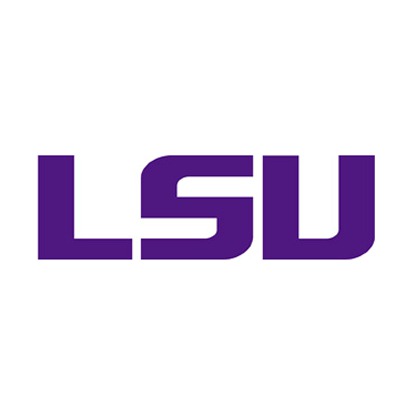 Job Summary/Responsibilities:
Job Summary/Responsibilities:

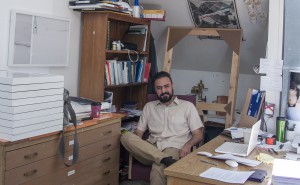
 My interest in New Media studies originates from the same concept, particularly the way it looks at medium as an expressive cultural object. By cultural object I mean a medium that is not self-sufficient or merely related to the archeology of its existence but rather to the genealogy of its reception through the process of communicative act.
My interest in New Media studies originates from the same concept, particularly the way it looks at medium as an expressive cultural object. By cultural object I mean a medium that is not self-sufficient or merely related to the archeology of its existence but rather to the genealogy of its reception through the process of communicative act.